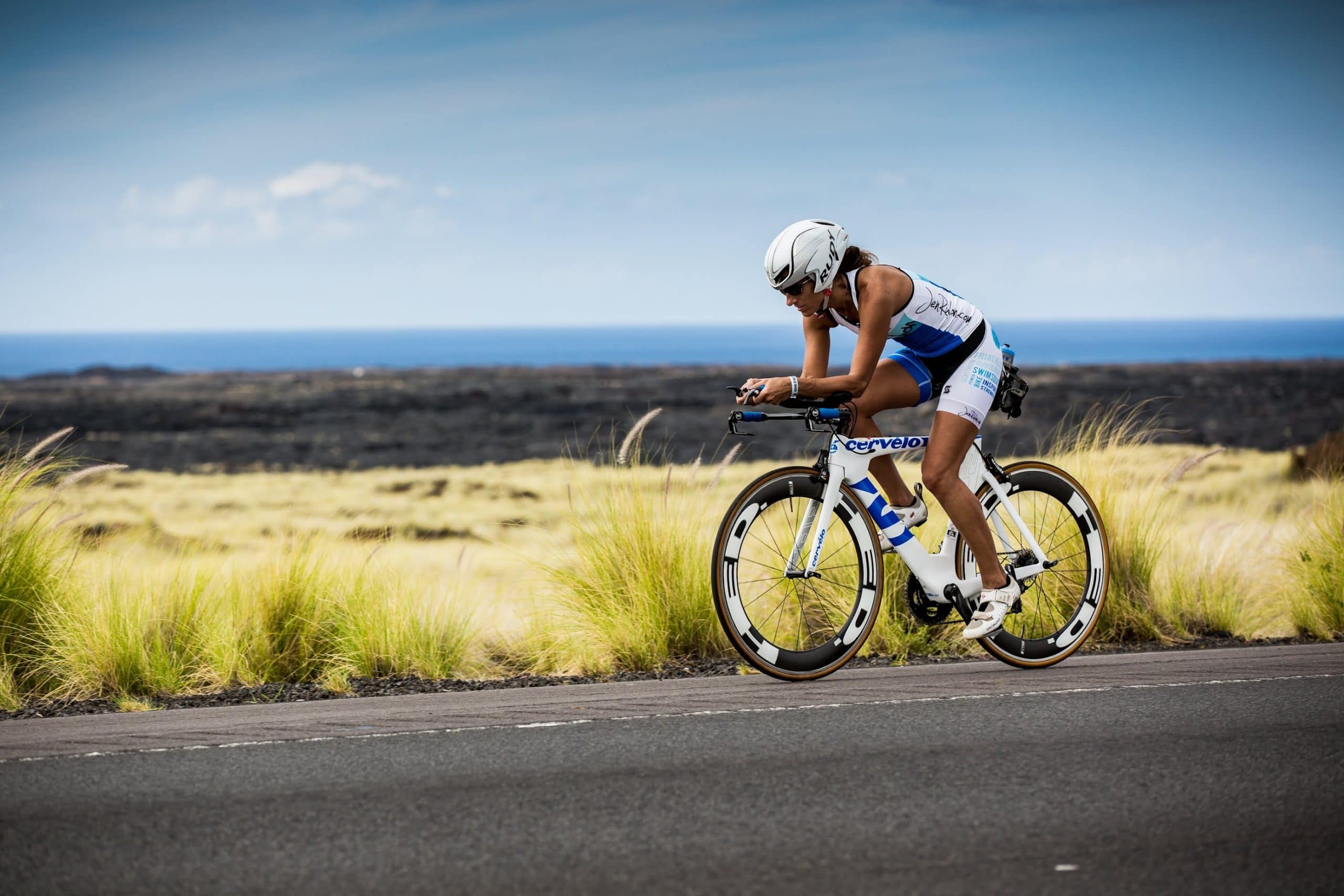
There are countless ways to train for an Ironman, and every coach has their philosophy. What I’m about to share is based on my experience as both an athlete and a coach—and it aligns with approaches I’ve seen many other coaches adopt.
Let’s talk about a common long-distance training pattern for Ironman athletes:
Sound familiar?
While this approach is widespread, I believe it’s far from ideal. Here’s why:
Caloric Deficit and Recovery Challenges
After a long ride on Saturday, your body is already in a calorie deficit. On Sunday, you’re trying to replenish Saturday’s deficit, meet your daily calorie needs, and fuel for your long run. It’s almost impossible to properly refuel, which can leave you undernourished and depleted heading into that run.
Fatigue Leads to Slow Running
Starting your Sunday run with muscular, mental, and overall fatigue doesn’t necessarily simulate Ironman race conditions—it risks training your body to run slow. Fatigue can hinder performance and teach your body to operate below its potential. In my opinion, running slow consistently will result in a slower performance on race day.
Recovery Impacts the Week Ahead
A long run after a long ride can leave your body so fatigued that it impacts your training quality well into the following week. When you’re dragging until Wednesday or beyond, it’s hard to maintain consistency and progress.
If possible, separate your long bike and long run by at least one day. Here’s how:
Incorporate a Rest Day or Easy Swim
Take a day off or include a light swim between your long bike and long run. This helps your body recover and ensures your workouts are more effective.
Shift Long Runs to Midweek
Schedule your long run on Wednesday or Thursday, with your long bike/brick on Friday or Saturday. This setup works well for athletes who have flexibility in their weekly schedule.
Adjust for a 9-to-5 Schedule
For athletes with traditional work schedules, consider running longer in the early morning or evening during the week to create that separation.
Focus on Quality Over Quantity
As a coach, I prioritize quality training. Every workout I assign has a purpose. For example:
By making each session intentional, we transform training into meaningful progress rather than just racking up miles.
Want to learn more about how my coaching can help you reach your Ironman goals? APPLY TODAY! Let’s make every workout count.